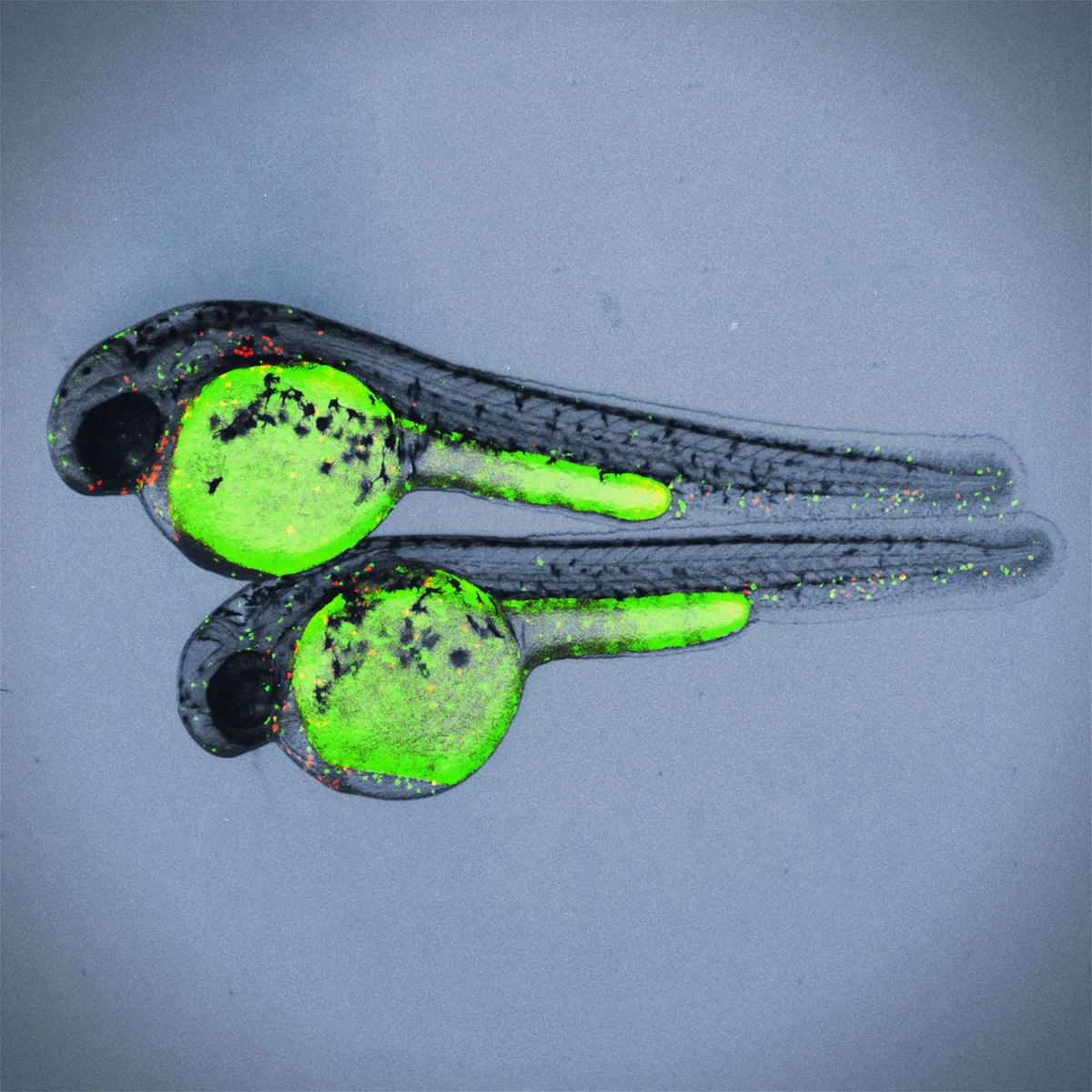
Fundamentals of Immunology: T Cells and Signaling 
This course from Rice University provides an introduction to the fundamentals of immunology, focusing on T cells and their role in signaling. Gain a better understanding of the immune system and its components. ▼
ADVERTISEMENT
Course Feature
![]() Cost:
Cost:
Free
![]() Provider:
Provider:
Coursera
![]() Certificate:
Certificate:
No Information
![]() Language:
Language:
English
![]() Start Date:
Start Date:
Self Paced
Course Overview
❗The content presented here is sourced directly from Coursera platform. For comprehensive course details, including enrollment information, simply click on the 'Go to class' link on our website.
Updated in [March 06th, 2023]
This course, Fundamentals of Immunology: T Cells and Signaling, is the second of a three-course specialization that explores the defenses the body uses to keep healthy. It builds on the material from the first course, which covered innate immunity and B cell function. This course focuses on T cell function and coordination of the immune response.
The course begins with an overview of cells, tissues, and organs, using metaphors, cartoons, and models to improve understanding and retention. It then covers the structure of both MHC proteins and T cell receptors, as well as the sources of variation. Animations of gene rearrangement, developmental processes, and signal cascades are included.
The course also covers how complement uses adaptive and innate triggers to target pathogens, and the basics of signaling, including the varieties of external receipt and internal activation pathways. It also looks at how signals and crosstalk control the activity of the immune system.
Testing employs multiple choice questions testing facts, concepts, and application of principles. Questions may refer to diagrams, drawings, and photographs used in lecture and reproduced in the outline.
By the end of this course, students will have a comprehensive understanding of T cell function and coordination of the immune response.
[Applications]
Students who complete Fundamentals of Immunology: T Cells and Signaling will have a better understanding of the immune system and how it works. They will be able to apply this knowledge to better understand the body's response to pathogens and how to better protect themselves from disease. Additionally, they will be able to use the knowledge gained in this course to better understand the development of vaccines and other treatments for diseases.
[Career Paths]
1. Immunology Research Scientist: Immunology research scientists are responsible for conducting research on the immune system and its components. They use a variety of techniques to study the structure and function of the immune system, and develop new treatments and therapies for diseases. They also work to identify new targets for drug development and to develop new vaccines. The development of new technologies and techniques in immunology has opened up many opportunities for research scientists in this field.
2. Immunology Clinical Scientist: Immunology clinical scientists are responsible for diagnosing and treating diseases related to the immune system. They use a variety of laboratory tests to diagnose and monitor diseases, and develop treatment plans for patients. They also work to develop new treatments and therapies for diseases, and to identify new targets for drug development.
3. Immunology Educator: Immunology educators are responsible for teaching students about the immune system and its components. They use a variety of techniques to teach students about the structure and function of the immune system, and develop new teaching materials and methods. They also work to develop new technologies and techniques in immunology, and to identify new targets for drug development.
4. Immunology Consultant: Immunology consultants are responsible for providing advice and guidance to organizations and individuals on immunology-related topics. They use a variety of techniques to provide advice and guidance on the structure and function of the immune system, and develop new strategies and approaches for dealing with immunology-related issues. They also work to identify new targets for drug development and to develop new treatments and therapies for diseases.
[Education Paths]
1. Bachelor of Science in Immunology: This degree program provides students with a comprehensive understanding of the immune system, its components, and its functions. Students learn about the structure and function of the immune system, the role of antibodies and antigens, and the development of immunological diseases. They also learn about the latest research and developments in immunology, and how to apply this knowledge to clinical practice. This degree is becoming increasingly popular as the demand for immunologists grows.
2. Master of Science in Immunology: This degree program provides students with a more in-depth understanding of the immune system and its components. Students learn about the structure and function of the immune system, the role of antibodies and antigens, and the development of immunological diseases. They also learn about the latest research and developments in immunology, and how to apply this knowledge to clinical practice. This degree is becoming increasingly popular as the demand for immunologists grows.
3. Doctor of Philosophy in Immunology: This degree program provides students with a comprehensive understanding of the immune system, its components, and its functions. Students learn about the structure and function of the immune system, the role of antibodies and antigens, and the development of immunological diseases. They also learn about the latest research and developments in immunology, and how to apply this knowledge to clinical practice. This degree is becoming increasingly popular as the demand for immunologists grows.
4. Master of Science in Immunology and Infectious Diseases: This degree program provides students with a comprehensive understanding of the immune system, its components, and its functions. Students learn about the structure and function of the immune system, the role of antibodies and antigens, and the development of immunological diseases. They also learn about the latest research and developments in immunology and infectious diseases, and how to apply this knowledge to clinical practice. This degree is becoming increasingly popular as the demand for immunologists and infectious disease specialists grows.
Pros & Cons

Excellent lecturer and challenging exams.

Clear and concise explanations with visual aids.

Highly recommended course with great price.

Minor flaws in video and sound quality.

Difficult to remember terms with letters and numbers.

Existential heebie-jeebies from knowing all the processes in the body.
Course Provider

Provider Coursera's Stats at AZClass
Discussion and Reviews
0.0 (Based on 0 reviews)
Explore Similar Online Courses

Swedish Made Easy Day 4 - Comfortable in 6 days

Revit 2021: Essential Training for Architecture (Imperial and Metric)

Python for Informatics: Exploring Information

Social Network Analysis

Introduction to Systematic Review and Meta-Analysis

The Analytics Edge

DCO042 - Python For Informatics

Causal Diagrams: Draw Your Assumptions Before Your Conclusions

Whole genome sequencing of bacterial genomes - tools and applications

Chemical Biology

Immunology Lecture 17 Complement System


Start your review of Fundamentals of Immunology: T Cells and Signaling